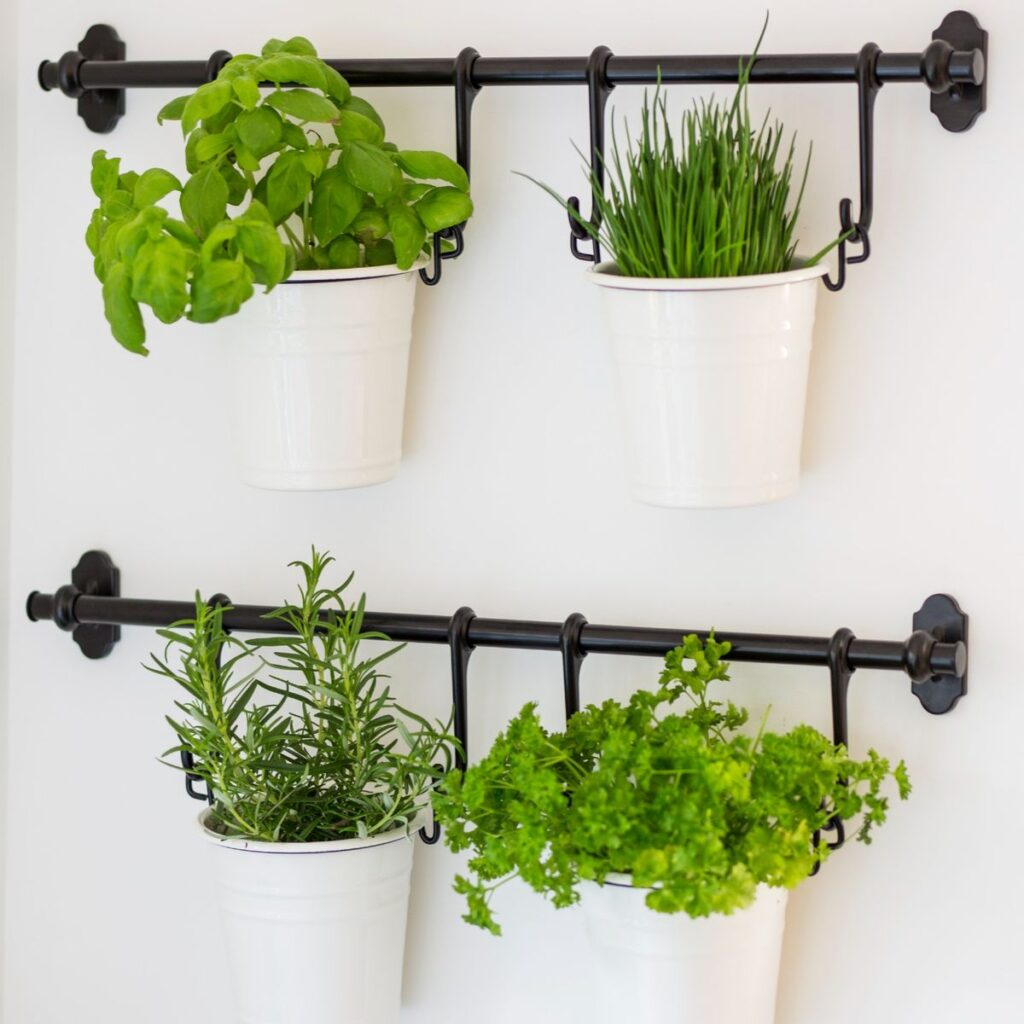Knowing whether you should feed houseplants in winter is a little confusing; feeding them seems like it would be the right thing to do, after all, it seems logical to give them an extra boost during the colder months.
Caring for houseplants in winter is important work, and knowing whether or not to feed them is a big part of this. However, it turns out that feeding your houseplants in winter can, in fact, do more harm than good.
We spoke to the experts, who have confirmed that it’s better to put the plant food aside for now, if you want to give your indoor plants the best chances of survival. They’ve also shared their top tips for what we should (and shouldn’t) be doing to our plants this winter.
Should you feed houseplants in winter?
Plant pros have confirmed that you shouldn’t feed houseplants in winter, because the colder months are a period of dormancy in which the plants need to conserve energy.
Expert gardener Ellen-Mary Webster explains that in winter, houseplants reduce their rate of growth due to the drop in temperature and reduced sunlight. She adds: ‘And since they reduce their rate of growth, they don’t need so many nutrients and the roots may not absorb the feed, resulting in a build-up of salts in the soil. This is damaging to the plant and can negatively impact growth.’
If you want to avoid these winter houseplant problems, the best help you can give is to allow your houseplants to go dormant over winter, by not feeding them. ‘Nature’s pace in winter slows down and that’s the same for indoor plants as well,’ Ellen says. ‘Taking a slower pace during winter is nature’s way of re-energising and recuperating after a busy year. So, it’s best to keep the plant food in the cupboard over winter.’
How to keep houseplants healthy in winter
While you should avoid feeding houseplants in winter, there are some things you can do to help them survive the colder months.
‘Give your houseplants the best light you can,’ advises Andy Little, plant buyer at British Garden Centres. ‘Put them near a window or under a skylight so they have some light in the darker days. And keep them in a spot where the temperature stays between 12-18 degrees Celsius, though away from radiators.’
Andy also recommends wiping the leaves clean to remove dust, as this allows the plants to absorb more sunlight. Do this carefully with a soft, moist cloth.
It’s also key not to give your houseplants too much water during the colder months. ‘During the winter, most houseplants enter a dormant phase and need much less water,’ Josh Novell, plant expert at Polhill Garden Centre explains. ‘Overwatering can lead to rot or weak growth, so make sure you are only watering once every fortnight for most plants. Plants like succulents may only need water every two to three weeks, and cacti can go without water entirely.’
While you should avoid overwatering, you can mist your plants in winter to increase humidity levels.
Houseplant winter essentials
Organic Cotton Dish Cloth
It’s really important that your plants’ leaves are kept clean and free of dust in winter, when they’re struggling to absorb sunlight as it is. This organic cotton cloth is really gentle, so wouldn’t cause damage to delicate plant leaves. Add a little bit of water when wiping your plants to boost humidity levels.
John Lewis Glass Plant Mister, Clear
Sure, you can get plant misters at a cheaper price than this one, but if you want to add a nice accessory to your kitchen shelf (while helping your plant survive this winter), this quaint mister bottle would be our top recommendation.
Pests can be a problem for indoor plants in winter, as warm homes provide the perfect environment for them to breed. Spritz this Baby Bio Bug Killer over your plants to keep little insects at bay (even if you can’t see them, they could still be there). The spray is formulated to be gentle on plants.
FAQs
What months should I feed my indoor plants?
The experts say that it’s best to feed your indoor plants during the growing season, which runs from March to September in the UK.
‘This is when plants are actively growing and need extra nutrients to thrive,’ Josh from Polhill Garden Centre says. ‘Most indoor plants benefit from regular feeding every two weeks during the growing season as this helps provide the nutrients they need for healthy leaves, strong roots, and better resistance to pests and diseases.’
For the best winter plants for pots, feed these from late autumn through winter, ‘as as this is when they form buds and bloom,’ Josh explains. ‘These stages use up the most energy, so extra care during this time can make a big difference.’
Read the full article here
